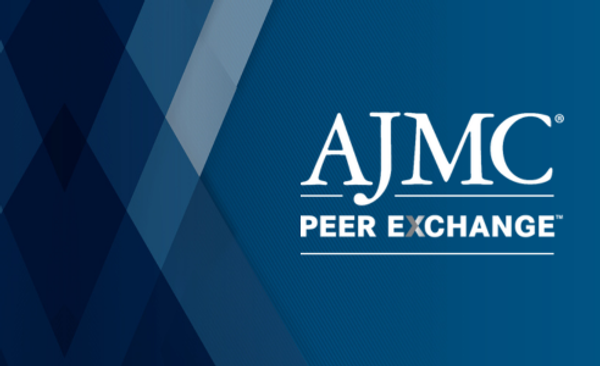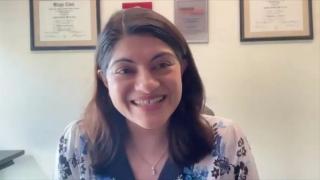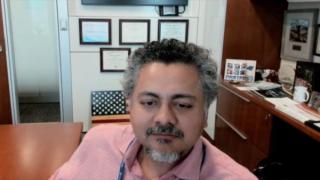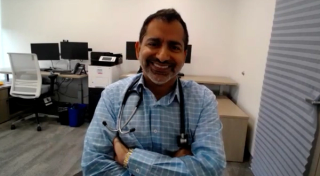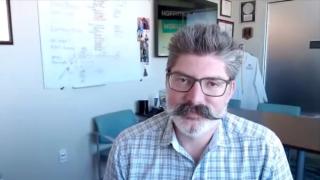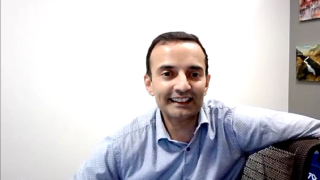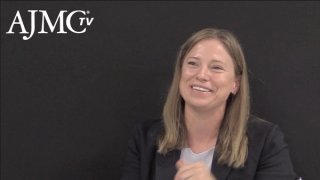
Hematology
Latest News

Latest Videos

More News
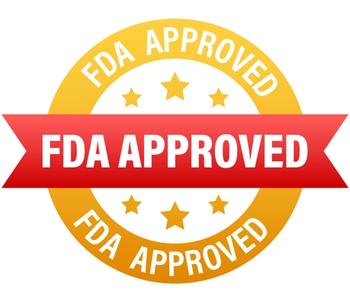
This approval comes almost a year after the drug received a complete response letter due to third-party manufacturing issues.
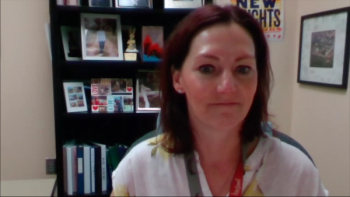
The post hoc analysis of the AGAVE-201 trial found that axatilimab demonstrated consistent response rates in patients with chronic graft-vs-host disease (GVHD), regardless of the number or type of prior therapies.
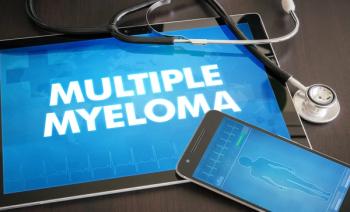
The findings contradict previous research suggesting high-risk patients with multiple myeloma were more likely to have a higher percentage of regulatory T cells (Tregs).
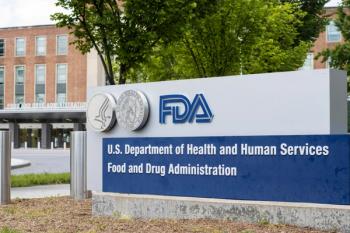
The FDA has removed Risk Evaluation and Mitigation Strategies (REMS) for approved chimeric antigen receptor (CAR) T-cell therapies for hematologic malignancies, aiming to ease provider burden and expand patient access.
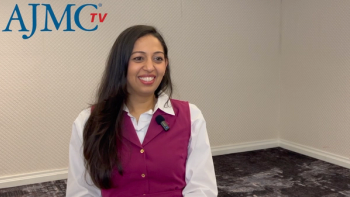
Financial, family, and logistical challenges often lead patients to choose ongoing therapies over stem cell transplantation, says Mansi Shah, MD.
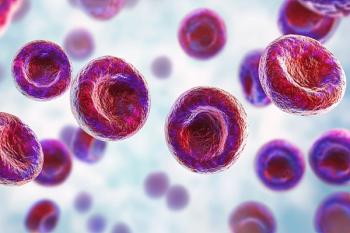
Patients with relapsed or refractory chronic lymphocytic leukemia (R/R CLL) had similar results when they continued on ibrutinib or stopped and started ibrutinib plus venetoclax based on minimal residual disease (MRD) status.
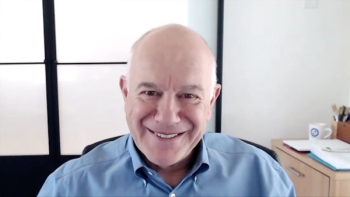
Revumenib, an oral targeted therapy for rare leukemias, is projected to be cost-neutral for health plans over 3 years, primarily due to lower administration costs and improved patient quality of life, said Ivo Abraham, PhD, RN, of The University of Arizona.

Caregivers and patients with acute leukemia face unique challenges, prioritizing treatment preferences that impact quality of life and emotional well-being.

Mansi Shah, MD, explains how treatment sequencing and patient eligibility guide the use of these therapies in multiple myeloma.
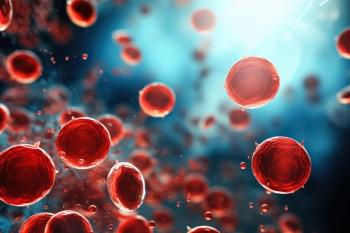
Investigators used previous trial data to compare patients receiving the chimeric antigen receptor (CAR) T-cell therapy lisocabtagene maraleucel (liso-cel) to a real-world cohort receiving standard therapy.
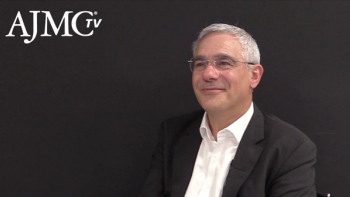
On-body delivery systems for subcutaneous isatuximab could enable patient self-administration, according to Xavier Leleu, MD, PhD, improving convenience and transforming treatment for relapsed/refractory multiple myeloma.
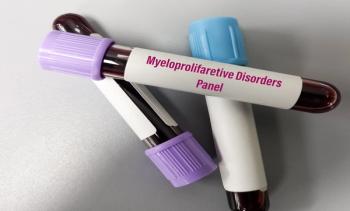
Multi-hit TP53 mutations significantly worsened survival in patients with myeloproliferative neoplasms (MPNs) and acute myeloid leukemia (AML), revealing critical prognostic insights.

Venetoclax demonstrated impressive efficacy in octogenarians with CLL, although treatment management posed some challenges.
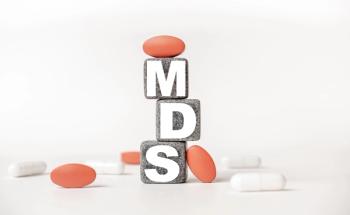
Shorter venetoclax durations in patients with acute myeloid leukemia (AML) and myelodysplastic syndromes (MDS) yielded comparable survival outcomes in a new study, challenging treatment norms.
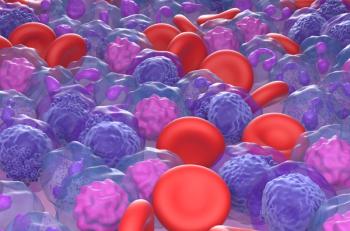
Revumenib shows promise for high-risk patients with acute myeloid leukemia (AML) with specific genetic mutations, demonstrating efficacy with no new safety signals.

The tablet formulation of zanubrutinib (Brukinsa; BeOne) is now approved for all 5 indications across several hematological cancers.

Mansi Shah, MD, discusses the role of stem cell transplant in multiple myeloma (MM) and the logistical barriers to wider adoption of bispecific therapies.
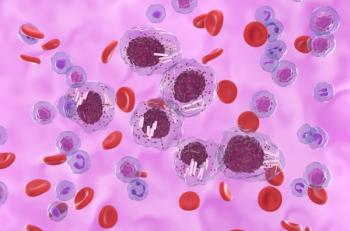
With a 42% reduction seen in the use of hematopoietic stem cell transplantation (HSCT) throughout the decade, researchers suggest that transplantation may be reserved for more fit patients.
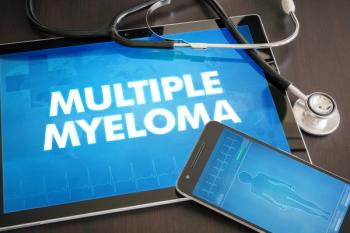
A meta-analysis suggests allogeneic stem cell transplantation (allo-SCT) should not be recommended following first-line autologous stem cell transplant (auto-SCT).
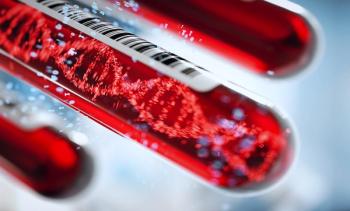
TP53 aberrations and circulating tumor DNA burden were found to be predictors of poor outcomes in high-risk patients with large B-cell lymphoma.
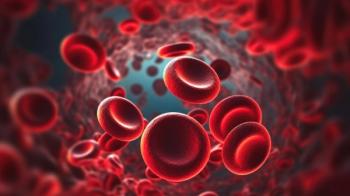
Patients with myelodysplastic syndrome (MDS) who received luspatercept showed greater hemoglobin gains and transfusion independence compared with erythropoiesis-stimulating agents (ESAs) in a real-world analysis.

Adolescent and young adult (AYA) patients with acute lymphoblastic leukemia (ALL) face significant survival disparities and unmet needs for effective third-line treatments, highlighting urgent care gaps.
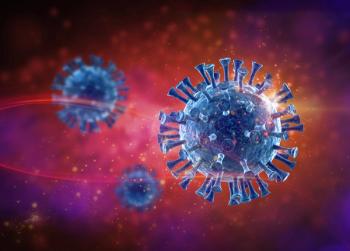
People with chronic lymphocytic leukemia (CLL) saw a 55% year-to-year increase in all-cause mortality in the early days of the pandemic, a Swedish study found.

The findings suggest assessment of CD20 may be an important factor in determining treatment options in B-cell lymphomas.
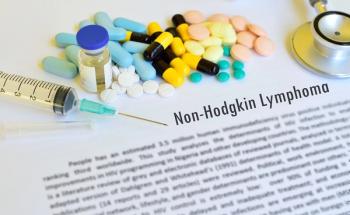
Elevated LDH and higher international prognostic index were also predictors of poor outcomes on bispecific antibodies, investigators found.




